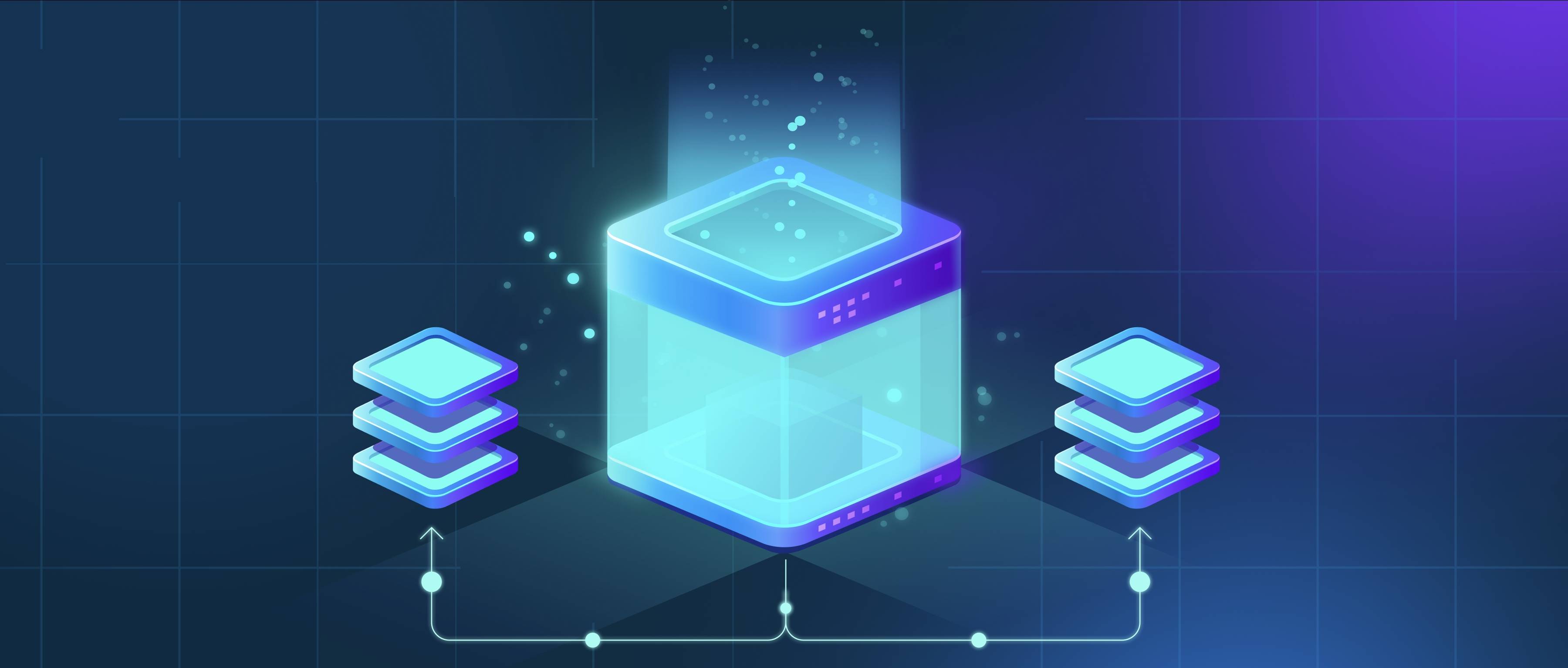Yes, NLP models can respect user privacy by incorporating privacy-preserving techniques during data collection, processing, and model training. One approach is data anonymization, which removes personally identifiable information (PII) from datasets, ensuring user confidentiality. For instance, names, addresses, or IDs in text can be masked or replaced with placeholders.
Federated learning is another method that enhances privacy by training models on decentralized data stored locally on user devices. This eliminates the need to transfer raw data to central servers, reducing exposure risks. Differential privacy techniques add statistical noise to datasets or model outputs, preventing the identification of individual data points.
Compliance with data protection regulations, such as GDPR or HIPAA, ensures that NLP systems meet legal privacy standards. Additionally, developers can use secure data handling protocols and encryption to protect sensitive information during processing. These practices enable NLP applications to balance functionality with user privacy, fostering trust in their adoption.
